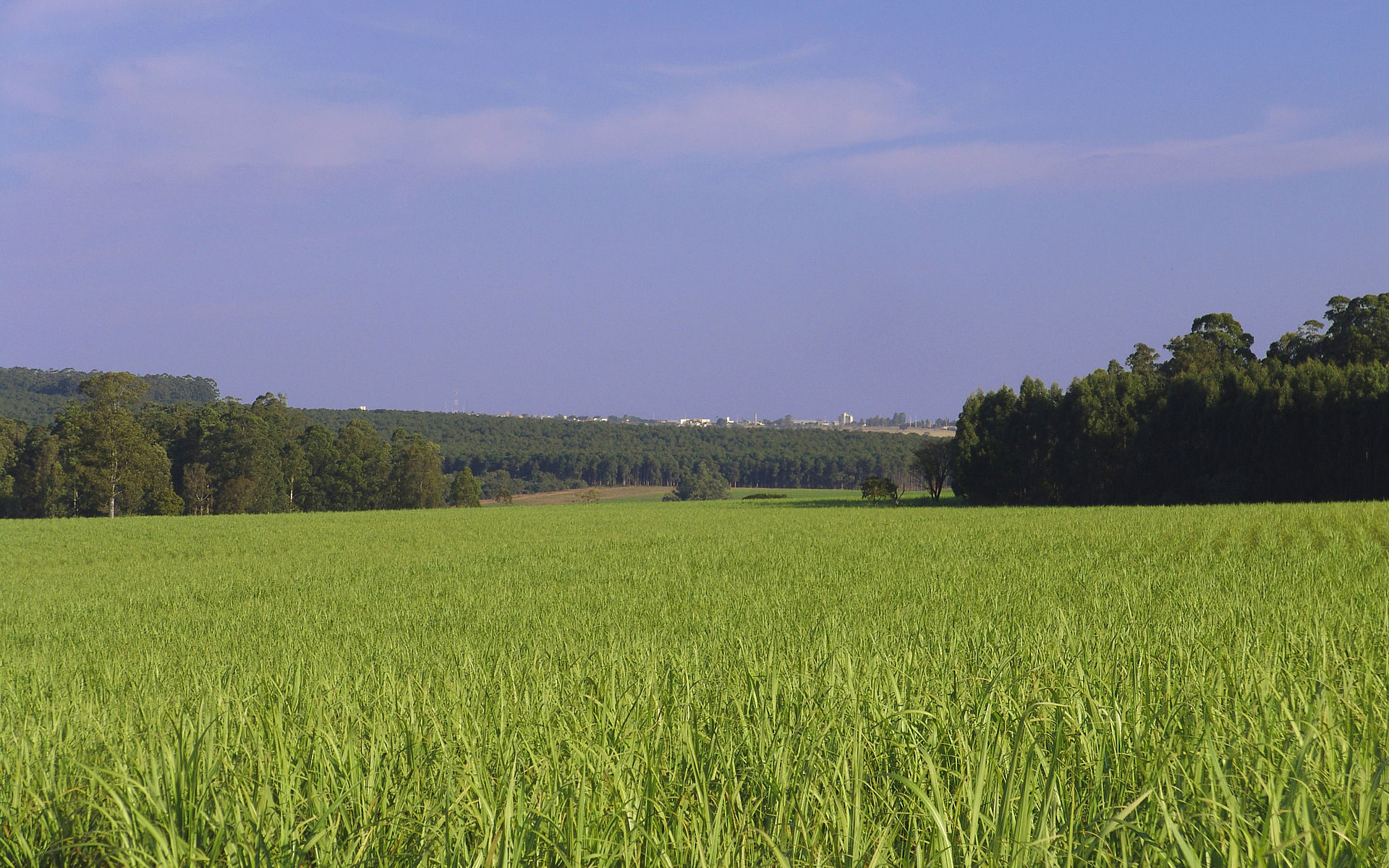Featured image: Sugarcane plantation to produce ethanol in Brazil by José Reynaldo da Fonseca on Wikipedia under CC BY 2.5.
In order to mitigate the effects of the climate crisis, we must stay under a 1.5℃ average global temperature increase from pre-industrial levels. To help reach this goal, there is growing interest in “negative emission technologies”, which are methods of removing greenhouse gases, like carbon dioxide, from the atmosphere. These carbon capture technologies have been around since the 1970s, but the best carbon capture technology might be as simple as plants. Fabian Stenzel and his team explain that cultivating fast-growing plant species, processing them into biomass, and capturing any emitted carbon dioxide therein, would actually result in negative emissions. Specifically, creating biomass through this method can capture upwards of 2 gigatons of carbon per year by 2050 (that’s close to the mass of 12 million blue whales). Burning this would also unlock an incredibly energy dense source of power. While burning the biomass would inevitably release carbon dioxide into the atmosphere, the process of growing it would drastically offset this by removing a much larger amount. However, one crucial question needs to be answered: will we have enough water to pull it off?
Continue reading “Plants may help solve the climate crisis, but is there enough water for everyone?”
